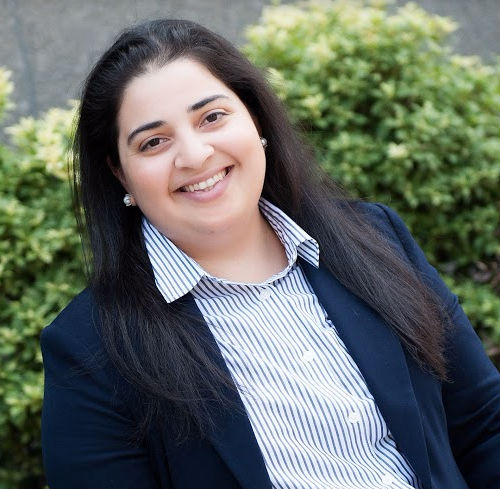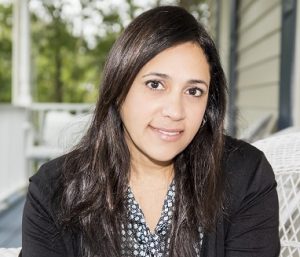Description:
Ethics and humanitarianism value the needs of all human beings, without distinction. Yet “citizenship” designates membership and rights to its members alone. Unlike other means of prejudice, discrimination based on this citizenship is treated as if it is legitimate, and public discourse focuses on how non-members should be treated and the pathways to citizenship. This is significant at this time given the extent of migration and the rise of nationalism in the world.
In the US, there is a history of detention of non-citizens suspected of visa violations or illegal or unauthorized entry. On any given day in the US, tens of thousands of non-citizens are being held in detention centers, jails or prisons. This practice has also separated children from their families and even led to deaths while in detention. As a tool of migration management, detention violates the most basic standards of fairness, justice and basic morality; mandatory migration has been denounced by the ACLU, Amnesty International, Human Rights Watch, among others.
In regard to refugees, there is agreement, in theory, that people should receive asylum and be protected from persecution and severe human rights violations in their country of origin. Yet refugees, who have already experienced adversity and trauma, still face the risk of being turned away, detained, or deported from this country.
This panel will focus on ethical and humanitarian crises in the treatment immigrants and refugees in this country, with a focus on detention, family separation, and other forms of trauma. Panelists will address these issues from the perspective of ethics, law, mental health, and social justice; and participants will engage with the ethical imperative to contribute as clinicians and advocates of social justice.
Panelists:

Ana S. Nuñez, MSW, JD, Practicing Attorney at Fay & Grafton, Raleigh Office. Ana practices law in immigration and criminal defense sections and represents immigration clients in removal proceedings, bond hearings, family based petitions, naturalizations, DACA, U-visas, and T-visas. Ana has been named a Top 40 under 40 Attorney in Criminal Defense by the National Trial Lawyers. In 2017, Ana was recognized by the North Carolina Bar Association as a Citizen Lawyer of the year. Ana also served on the Governor’s Advisory Council on Hispanic/Latino Affairs. Ana is fully bilingual in Spanish and English.
Nelitza D. Gonzalez, NCC, LPC, LMFT is employed by Crossnore School and Children’s Home as Lead Therapist. She is a Licensed Professional Counselor (LPC), Marriage and Family Therapist (LMFT), and is a National Certified Counselor (NCC). Her areas of interest and growing expertise are adolescence and family communication, childhood trauma, and cultural competency when working with Latinx families. Nelitza has facilitated workshops addressing ways to engage the Latinx community while fostering cultural competency and is involved in local social justice and advocacy work.
 Viridiana Martinez, founder and director of Alerta Migratoria, has been an immigrant youth organizer since 2009. Through the National Immigrant Youth Alliance, she was instrumental in efforts that led to the Deferred Action for Childhood Arrivals (DACA) program in 2012. Viridiana, also, infiltrated Broward Transitional Center to expose the injustices faced by immigrant detainees. In spite of limited funding and resources, she founded the first ever immigrant youth led organization in North Carolina. She has been organizing for years to stop countless deportations across the country. Viridiana believes that directly impacted people must be at the frontlines of any successful campaign. She is currently a DACA recipient and is a protagonist in the award-winning film, “The Infiltrators.”
Viridiana Martinez, founder and director of Alerta Migratoria, has been an immigrant youth organizer since 2009. Through the National Immigrant Youth Alliance, she was instrumental in efforts that led to the Deferred Action for Childhood Arrivals (DACA) program in 2012. Viridiana, also, infiltrated Broward Transitional Center to expose the injustices faced by immigrant detainees. In spite of limited funding and resources, she founded the first ever immigrant youth led organization in North Carolina. She has been organizing for years to stop countless deportations across the country. Viridiana believes that directly impacted people must be at the frontlines of any successful campaign. She is currently a DACA recipient and is a protagonist in the award-winning film, “The Infiltrators.”Moderator:
 Josh Hinson, LCSW, LCAS is a Clinical Instructor at the UNC School of Social Work, where he serves as Program Director for the UNC-CH Graduate Certificate in Global Transmigration. Josh began working with Cuban refugees in 1995 as a volunteer with Lutheran Family Services in Greensboro, NC. Since then he has worked with indigenous community development organizations in Mexico; with Latino farm workers in eastern NC; as a social worker at a rural county department of social services; and as a mental health and substance abuse counselor with Spanish-speakers. Josh is the Principal Investigator for the UNC Global Transmigration–Refugee Mental Health and Wellness Initiative, a research project designed to assess the need for, feasibility, and acceptability of mental health services for refugees in North Carolina. The project began contracting with the North Carolina State Refugee Office in 2015 to provide mental health services to refugees in three counties.
Josh Hinson, LCSW, LCAS is a Clinical Instructor at the UNC School of Social Work, where he serves as Program Director for the UNC-CH Graduate Certificate in Global Transmigration. Josh began working with Cuban refugees in 1995 as a volunteer with Lutheran Family Services in Greensboro, NC. Since then he has worked with indigenous community development organizations in Mexico; with Latino farm workers in eastern NC; as a social worker at a rural county department of social services; and as a mental health and substance abuse counselor with Spanish-speakers. Josh is the Principal Investigator for the UNC Global Transmigration–Refugee Mental Health and Wellness Initiative, a research project designed to assess the need for, feasibility, and acceptability of mental health services for refugees in North Carolina. The project began contracting with the North Carolina State Refugee Office in 2015 to provide mental health services to refugees in three counties.
